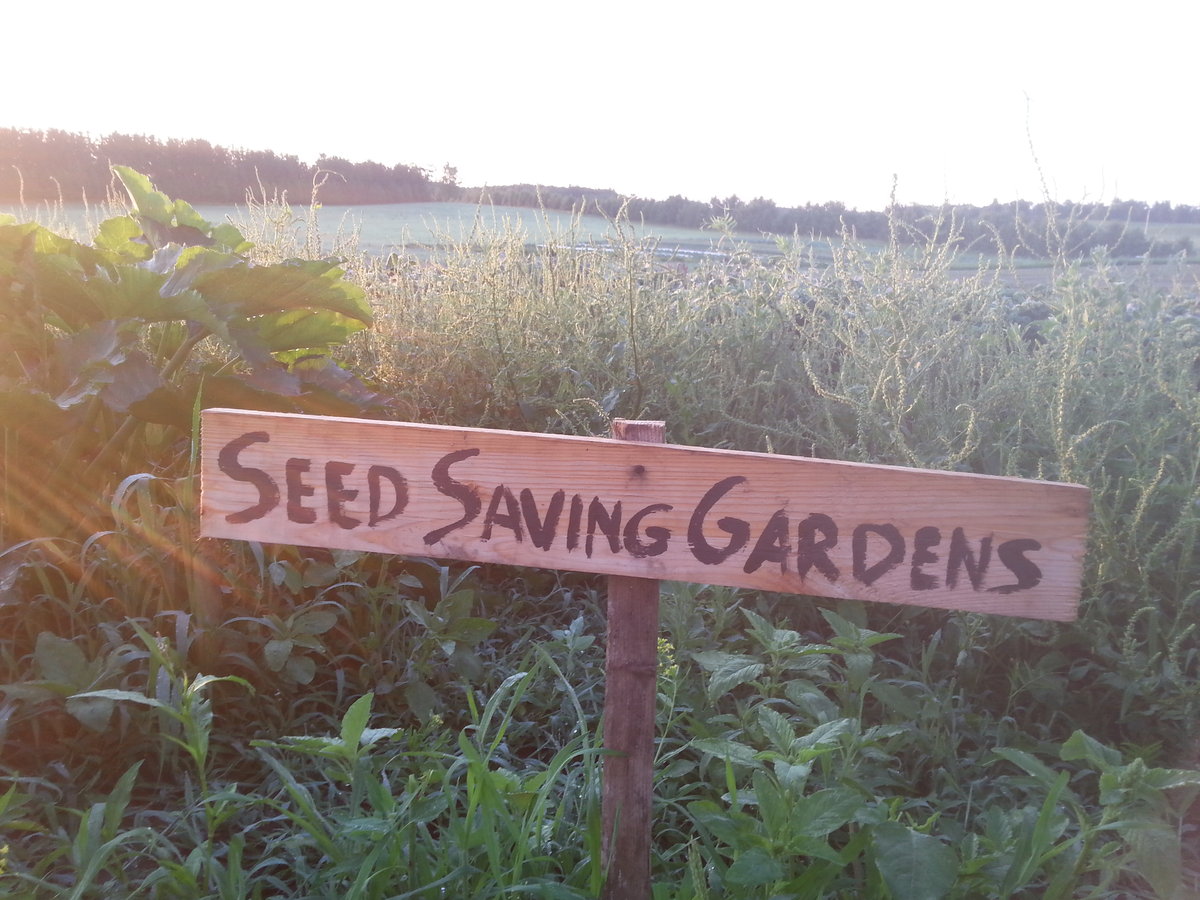Back to December 2021 Newsletter
Community Seed Grow-outs

Save an Old Seed
Intermediate to advanced seed savers received seeds that had been donated to Seeds of Diversity's Seed Library but for which there were too few to do a germination test. Our hope was that our seed savers would be able to grow them to produce fresh seeds.
While the seeds adopted into our Seed Library are tested and maintained on a regular basis, we also have several "orphaned" seeds that have not been adopted yet. From time to time we receive small packets of seeds from old collections, seed exchanges, and other places, and we need help multiplying and rejuvenating them so that they can be properly adopted into the collection in the future.
The problem is that some of the seeds are so old they might not germinate, but there aren't enough to do germination tests. If the seeds sprout, they have to be planted right away - but we don't know whether they will sprout.
150 of our members participated in the program, and the results were mixed, as we expected. The point of this grow-out is that we don't know whether the seeds are alive or dead, and only the grower can find out when they sow them. It takes some courage to sign up, and it was heartbreaking for those who had seeds decompose instead of germinate. Fortunately, many of you were able to grow out the plants, save good quantities of fresh seeds, and we are receiving those at our office to restore them in the Seed Library collection.
Thank you to everyone who participated in this very worthwhile grow-out program. We could not have tested or grown out so many seed samples without member seed savers. If it was successful for you, we're grateful for the seeds you were able to rescue. And if your seeds didn't sprout, then we commend your efforts - please rest assured that it was unavoidable and we want your help again next year!
Help Breed a Better Ground Cherry! Year 2
Last year more than 50 people joined our participatory breeding project to improve a variety of ground cherry (Physalis pruinosa). They sowed our selected seeds and saved new seeds from the plants that grew upright instead of flat on the ground.
Growers told us (and we saw in photos) that there is still a wide variation in the shapes of the plants, so we might have to work on this project for at least a few more years before we see the results we want. Nevertheless, we received lots of selected seeds from growers, so we'll repeat the process next year for those who love this delicious and interesting fruit.
The Save One Rare Variety Challenge
Our proposition for this grow-out was really simple: choose one interesting variety from the Seed Exchange that is offered by only one person. Grow it, save the seeds, and offer them in the Seed Exchange next year.
It sounds simple, but it makes a huge difference for that variety because it doubles the number of people growing it and offering seeds. If every member did this one simple challenge, every single vulnerable variety in the Seed Exchange would be instantly a lot more safe.
This is a challenge that you don't have to sign up for - just do it - and we hope many of you agree that it's a good idea every year. If you have good quality seeds saved from your garden that you can share with other members, list them now for the 2022 Seed Exchange!
Stay Tuned in the Winter for More
We'll run our Community Seed Grow-outs again next year, so check this e-bulletin in January for the details. And remember to save some space in your garden for a seed crop!
Not yet a member?
An annual membership to Seeds of Diversity gives you access to our seed exchange, seed grow-out programs, and our online news.

We depend on donations to do our work.

Thank you for your support!
